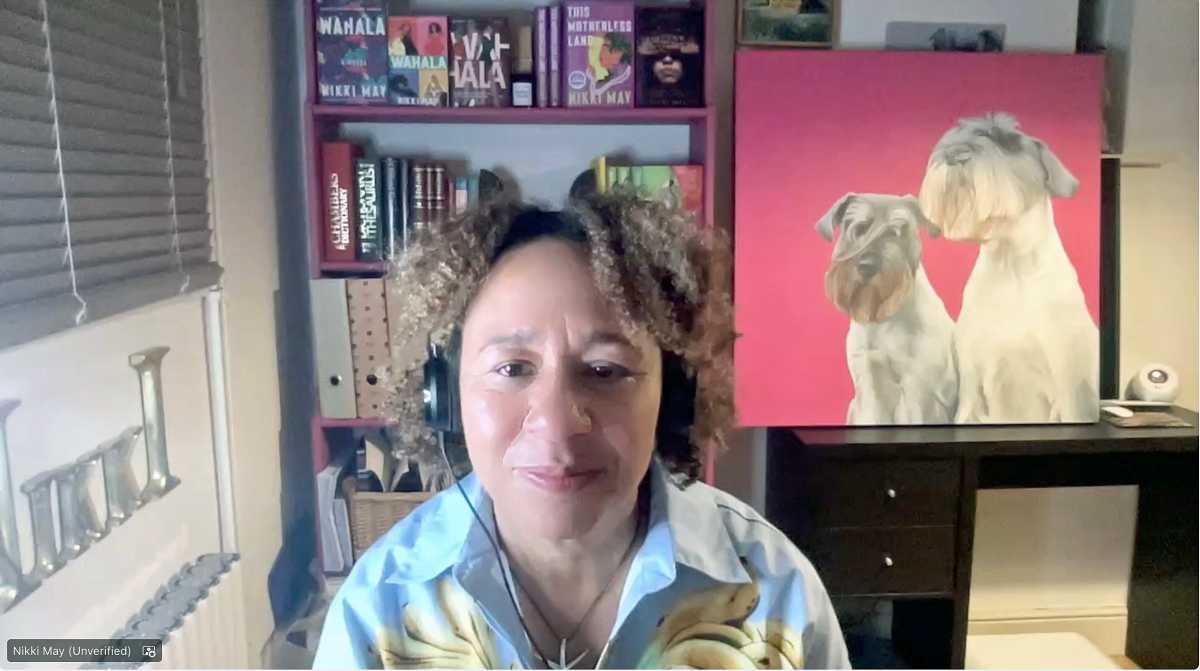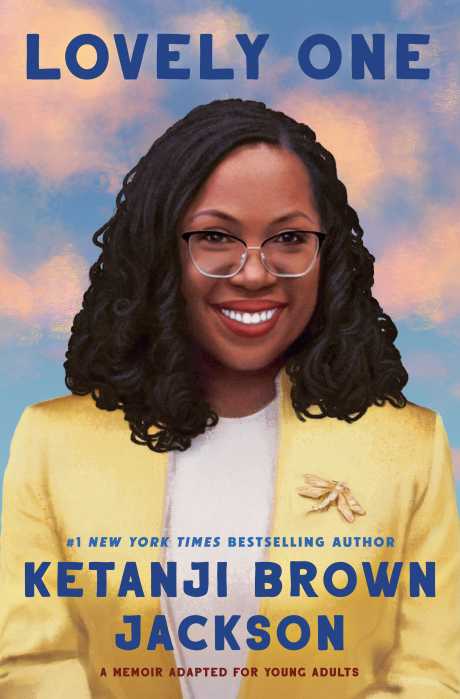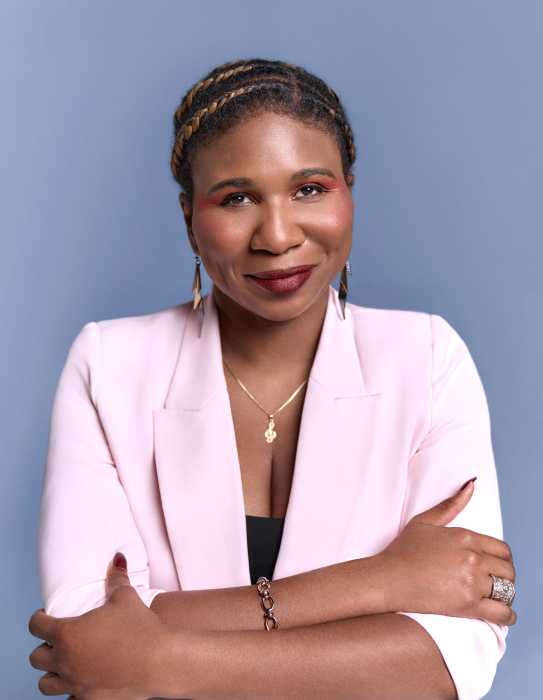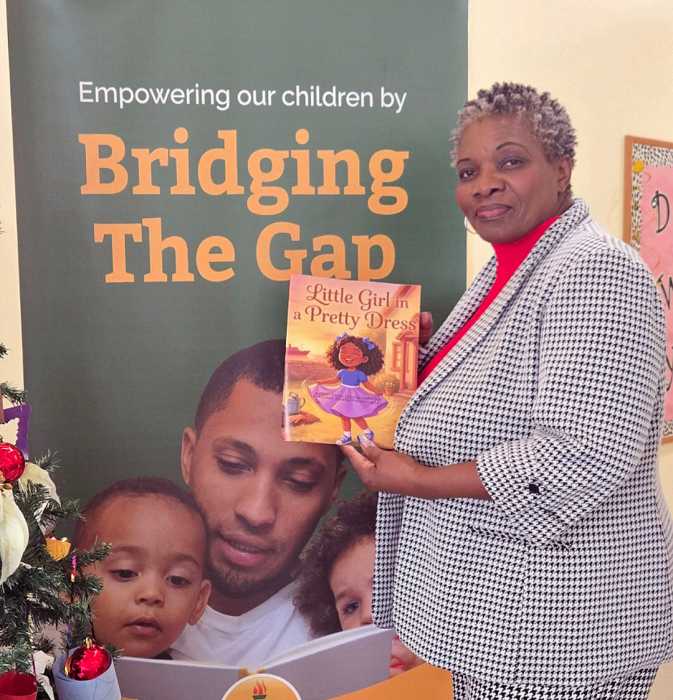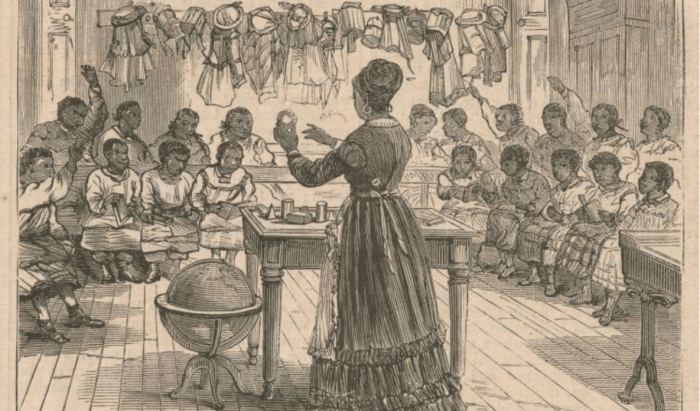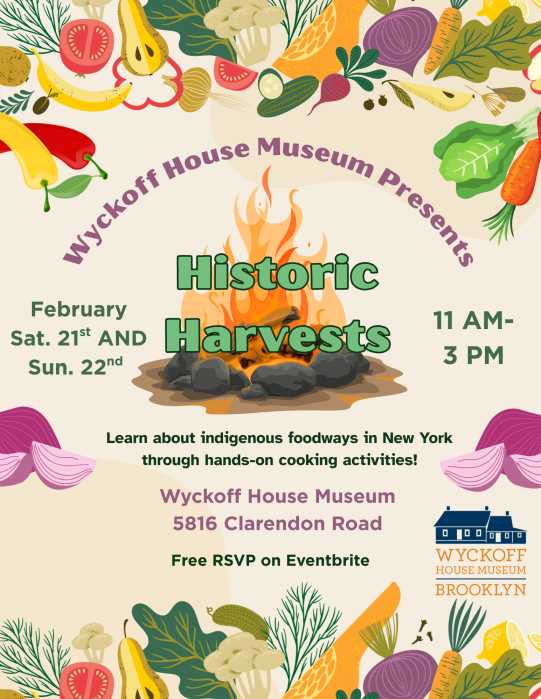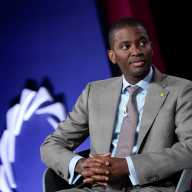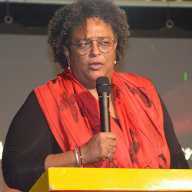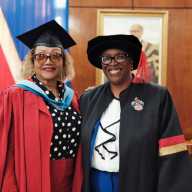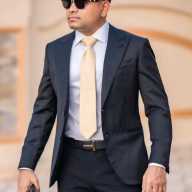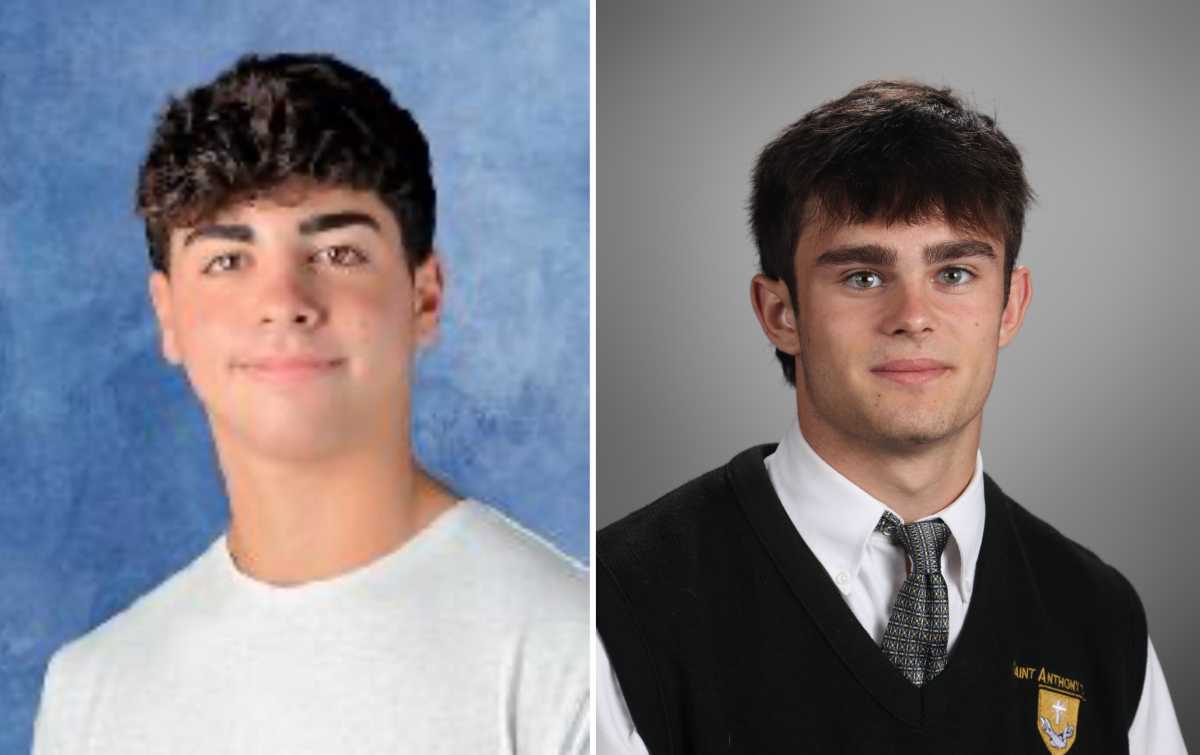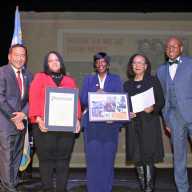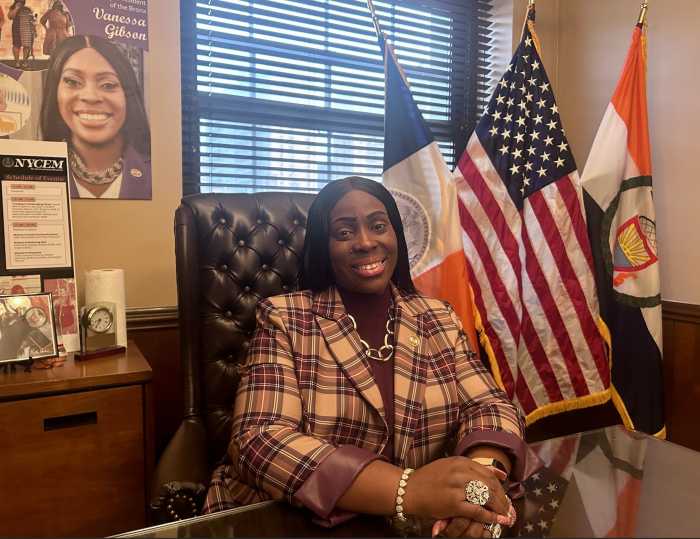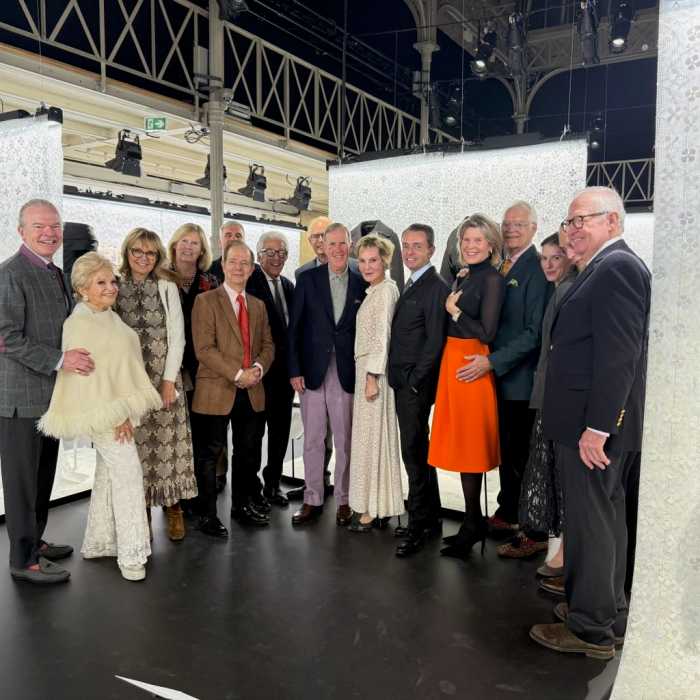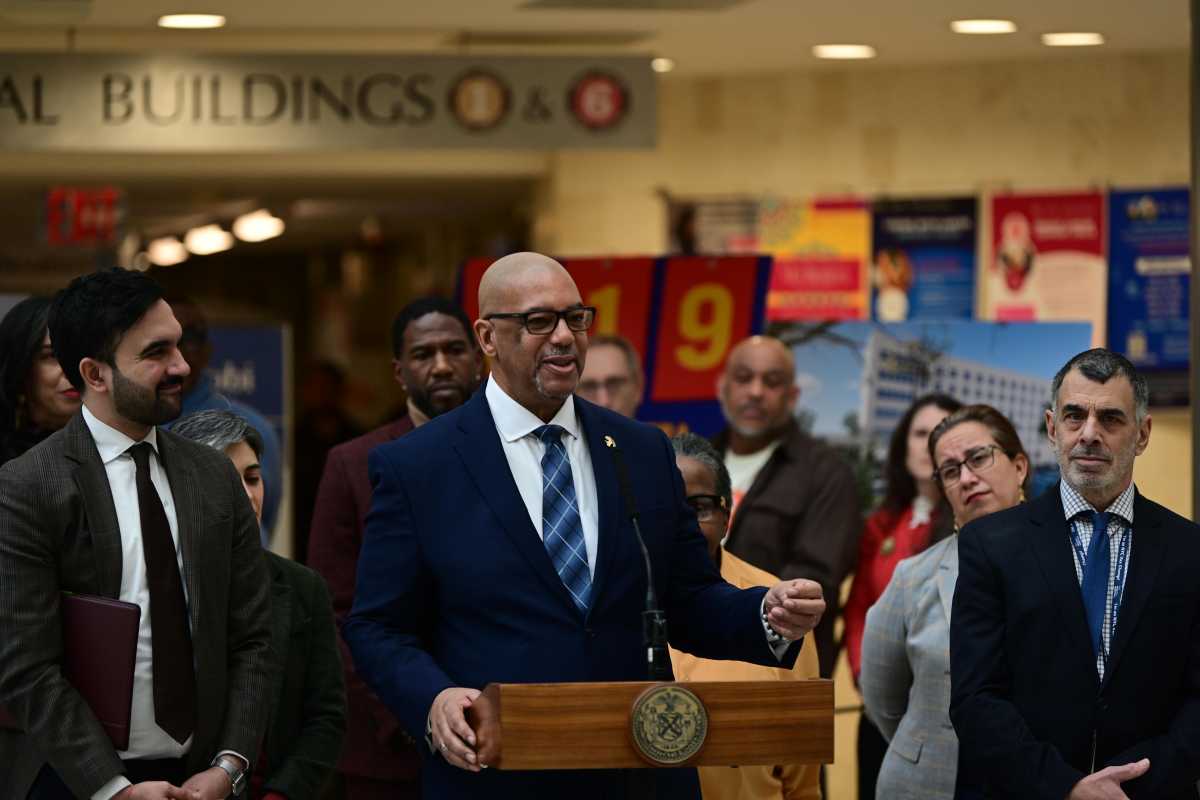On Aug. 7, author Nikki May, who was born in Bristol, England, and raised in Lagos, Nigeria, discussed her critically acclaimed debut novel “Wahala” (2022, Mariner Books — under HarperCollins) in a virtual conversation hosted by the Queens Public Library (QPL).
May began the conversation by sharing what life was like for her growing up. Her family moved to Nigeria, where her dad is from, before she was a year old. She lived there until she was 19. She currently lives in the county of Dorset in England with her husband.
“Looking back, it was an idyllic childhood. We lived in a teaching hospital campus (my father was a consultant anesthetist). My siblings and I would ride our choppers (motorcycles) around the quiet streets and spend weekends at the club or on the beach. Having an English mum and being mixed-race (we called it half-caste back then) meant I always stood out. I was called oyinbo, which means white, wherever I went. But it was never said as an insult; in fact, I didn’t know what racism was until I moved to England,” she said.
When discussing the most significant influences on her path in life, she mentions the Yoruba phrase’ Eniyan l’aso mi’, which, word for word, translates as ‘people are my covering’. But to her, there’s so much more to its meaning.
“‘Good people made me who I am’ is how I read it, and it’s true — I’ve always been surrounded by good people who have had my back: my family, my husband, my friends, my work colleagues. The people I love have had the biggest influence on my life, and I’m so grateful to them,” she added.
May said she always dreamt of being an author after reading a book a week since she was 10 years old. Reading “Waiting to Exhale” by Terry McMillan in her 30s made her feel seen.
“That was probably the first time I considered writing a book. But work and life got in the way – I was too busy paying the mortgage. It wasn’t until I was 55 and financially secure that I put pen to paper on my debut novel,” she stated.
During the conversation, she also discussed the life experiences she’s had as a woman of Anglo-Nigerian heritage that have impacted the process of writing “Wahala,” even though it’s not an autobiography.
“I’m not sure I can pinpoint one particular experience, but there’s a bit of me in each woman. So, Ronke’s white grandparents, who wanted nothing to do with her, well, mine were similar. Luckily, I had wonderful grandparents on my father’s side. Simi dropping out of medical school, freaking her parents out – that was me, it left me with a real sense of failure and imposter syndrome, and Boo’s desperation to fit in, to assimilate, I’ve been there – when I arrived in England, I straightened my hair and tweaked my name,” she explained.
May hopes her Anglo-Nigerian heritage doesn’t affect her interactions with other authors.
“Melanin is not a character trait, and I hope fellow authors see me as an author rather than worry about my colour, which is exactly how I see my fellow writers,” she continued.
On the reaction from the literary community and the residents in England and Nigeria, May said, “It’s been brilliant. “Wahala” was critically acclaimed, and I got a few prize nods, which has been hugely validating. It came out in the UK first, and I got much press, radio interviews, and positive reviews.
For example, the novel won the Comedy Women In Print New Voice Prize, was shortlisted for the Diverse Book Award and the Fingerprint Debut of the Year Award, and was longlisted for the Goldsboro Glass Bell Award.
She added that she went on a book tour in Nigeria a few months later, where she reconnected with high school friends whom she hadn’t seen in over 30 years at events, as well as a lot of press coverage and a feature on Channels TV (a popular African TV station). “Nigerians celebrate success, and I was welcomed home with open arms. It’s been such a joyous experience in both of my homes, which was wonderful,” she continued.
Speaking of how she wants her book “Wahala” to influence the quality of education for mixed-race children worldwide, May says that when she writes, her goal is to entertain readers rather than educate them.
“I want people to enjoy my book – if I can make them laugh, cry, and gasp, that’s a win. But my books do explore some serious questions, and if it makes people question their prejudice and check their privilege, that’s a bonus,” she said.
In addition, she shared her thoughts on her heritage and stated, “Being mixed-race is a mixed bag – sometimes my sense of belonging is concrete, other times it’s elusive, but all in all, I think I got the long straw. Two homes are twice the joy, and I’m always overjoyed when readers reach out to tell me they feel ‘seen.'”
“Wahala” is in the process of being made into a TV show for the BBC. May shared some things she hopes audiences worldwide, who will watch the show, take away that can apply to their lives.
May says, “I hope viewers will fall in love with my women (well, maybe not with Isobel) and realise how universal the issues facing women are. I hope the show makes them laugh, cry, and gasp!”
Another thing she hopes will be a takeaway for them: “A lot of Black literature is focused on struggle, but that’s not my story. I hope viewers will see that Black people are not a monolith,” she added.
Additionally, her second novel, “This Motherless Land,” was a read with Jenna Book Club pick in the United States and was shortlisted for the 2025 Edward Stanford Prize for Fiction and longlisted for the Nigeria Prize for Literature. It is also currently being adapted for TV.
Those interested can find all information about “Wahala,” and places to purchase it, here: https://www.harpercollins.com/products/wahala-nikki-may?variant=40371665436706.


